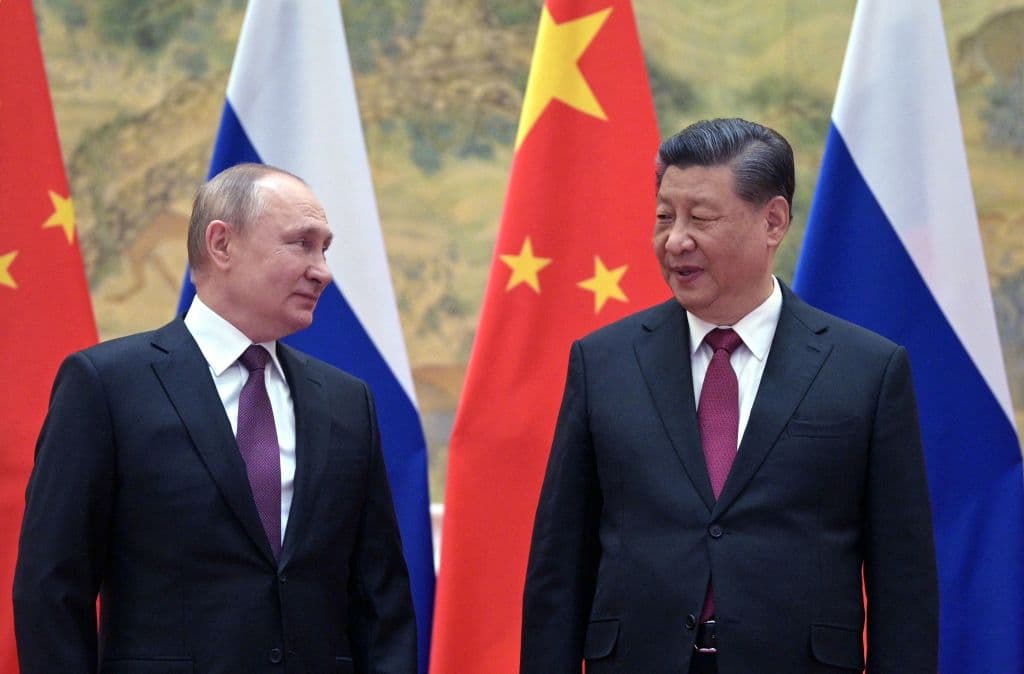
The mirage of a European 'reassurance force' in Ukraine
As President Volodymyr Zelensky landed in Paris for the Coalition of the Willing talks, a key topic on the agenda is the "European-led multinational force Ukraine."
A draft statement by the Coalition — yet to be approved by the leaders on Jan. 6 — includes "binding commitments" by members to support Ukraine in the event of a future Russian attack.
The document also says that the U.S. would lead a "ceasefire monitoring and verification mechanism" with international involvement and commit to "su


















